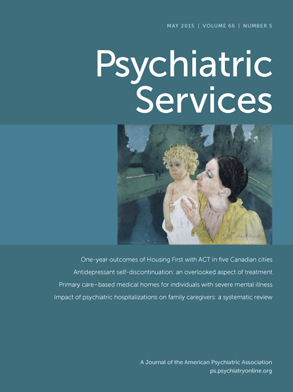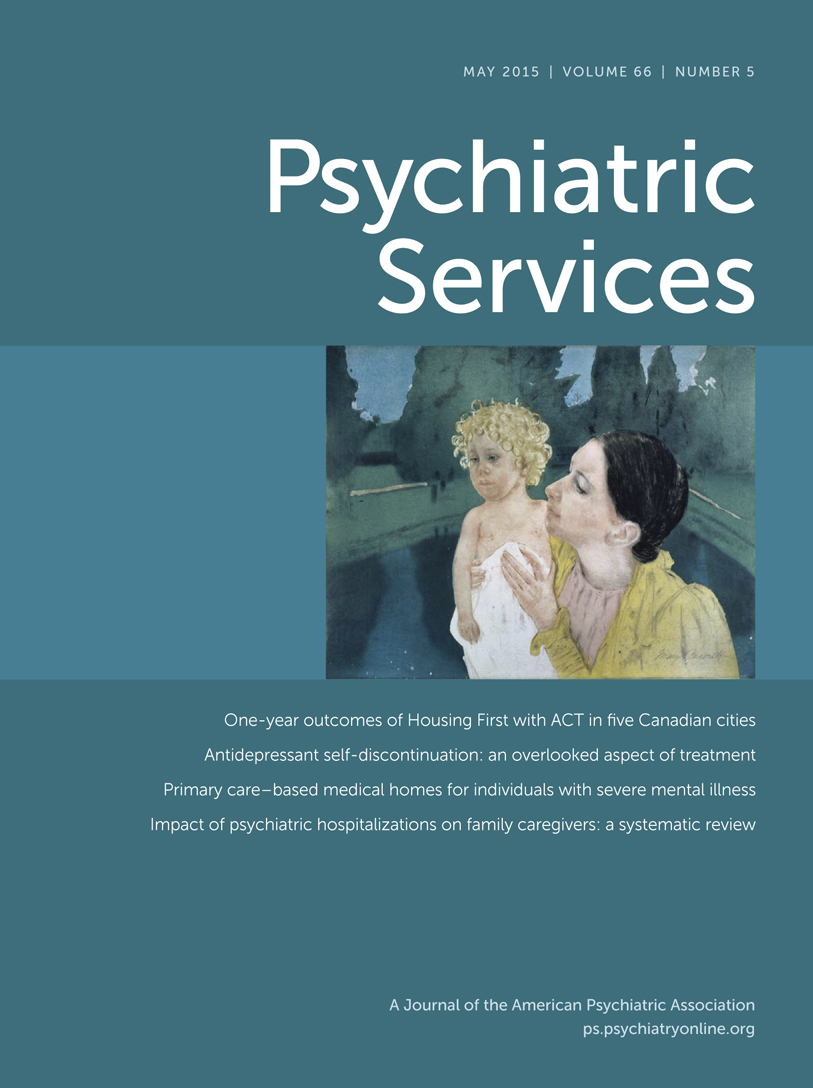The Retracing African, Caribbean, and European (ACE) Pathways Project is the knowledge dissemination platform for the ACE Pathways to Care Study, which investigated pathways that persons of African, Caribbean, and European descent took from onset of their first episode of psychosis to treatment in an early-intervention program in Toronto, Ontario. The Retracing ACE Pathways Project used digital stories as a knowledge transfer tool. People with lived experience of psychosis, their family members, and frontline staff working in early-intervention programs participated in a three-day digital storytelling workshop. Digital stories are three- to five-minute videos produced with a mix of voiceover, music, and images to convey first-person narratives. These videos capture the complexity and subjective experiences of participants’ journeys to and first encounters with care.
The digital stories were shown at a Knowledge-to-Action Forum that shared the ACE Pathways to Care Study findings with key stakeholders (policy makers and health care providers). Workshop participants described the process of making their digital stories as “therapeutic” or “cathartic.” After the forum, the research team decided to further investigate this unexpected aspect of the project. A total of 15 people completed the workshop evaluation, and 11 of them subsequently responded to a second survey that examined the therapeutic benefits of the experience. This Frontline Report describes the core themes identified by people with lived experience of psychosis, their family members, and frontline staff as therapeutic catharsis in digital storytelling. Using thematic analysis, we identified three subthemes of participants’ cathartic experiences: connecting with others, releasing emotionally fraught memories, and reclaiming one’s own story.
Connecting With Others
Participants described how the group setting helped them to find comfort, support, and reassurance that they were not alone in their journeys and emotions: “It reminded me that I wasn’t alone. Not only are there others who share my experiences, but [they] share my view of the experiences.”
Releasing Emotionally Fraught Memories
According to several participants, the storytelling process provided an opportunity for releasing emotionally fraught memories and stress-filled experiences. Participants described their storytelling as cathartic: “Not only did I open up to the group, but I opened up to myself. This experience is one that will carry on with me forever. If anyone asks me [about] my condition, I now have a perfect package to relay what has happened. Every time I watch it, I take away a greater understanding of why it happened to me.” Just as participants with lived experiences and their family members found the digital storytelling process cathartic, health care providers also found that it helped them to express traumatic events (personal or secondhand trauma) and revisit work-related stress.
Reclaiming One’s Own Story
The workshop exposed participants to different media that stimulated creativity in a way not typically available in clinical or other settings. Participants could better share their journeys, as one family member described it: “[I told my story] many times, until I got tired of the situation and became apathetic to it. It started off as deeply personal, and deeply emotional, but I later stopped telling the story because it became a mundane, everyday thing to have my brother act this way.” The workshop gave participants an opportunity for self-expression and for sharing their emotions, memories, and journeys using an art medium that ultimately enhanced their understanding and ownership of their experiences and satisfaction with their final work: “It felt like I was taking a level of ownership over the story that I hadn’t felt before. It felt really good to finish it—because I work in the field [and] experiences rarely feel like they have a clear end point—this one did, which was very refreshing.”
The feedback suggests that this workshop offered space and opportunity to bring to light, reflect on, and share personal insights, emotions, and stories. Learning about and working with visual arts imbues a sense of satisfaction and empowerment. Digital storytelling combines narrative therapy and art therapy. Narrative therapy empowers individuals to rewrite their life stories from an “experience near” perspective rather than passively receiving the expert (clinician’s) perspective. The narrative process prompts reflection and feedback in a therapeutic environment, as does the digital storytelling process. At the same time, digital storytelling harnesses the use of creative media to enable people to access multiple ways of conveying meaning in order to represent their experiences.
Acknowledgments
This study was funded by the Canadian Institutes of Health Research (CIHR), Neurosciences, Mental Health and Addiction: Dissemination Events (grant 304182). Dr. Ferrari was supported as a Social Aetiology of Mental Illness Fellow, CIHR Strategic Training Initiative, and Centre for Addiction and Mental Health.

